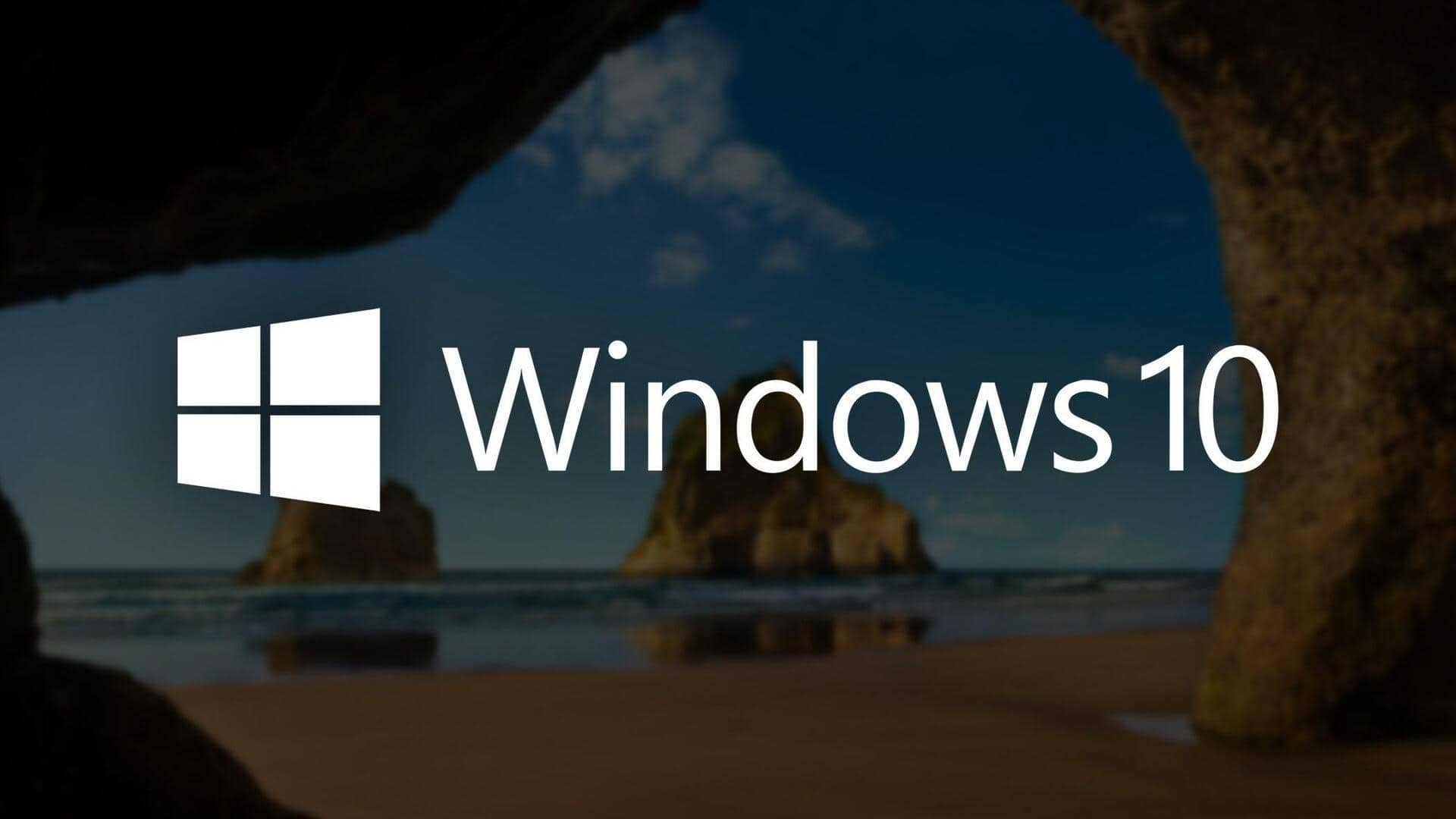
Windows 10 support ends tomorrow: Here's what comes next
What's the story
After nearly a decade of dominance, Microsoft is ending official support for Windows 10. Starting tomorrow, the tech giant will no longer provide free security updates for the OS. This poses a major risk for millions of PCs still relying on it. Although Microsoft has been warning users about this change for months, many are still confused about their next steps as the deadline approaches.
Upgrade hurdles
Hardware restrictions prevent upgrade to Windows 11
According to Forbes, nearly 200 million computers are unable to upgrade to Windows 11 due to hardware restrictions. For these machines, the future is particularly tricky as they either have to enroll in Microsoft's Extended Security Update (ESU) plan or run unsupported software. This leaves users with limited options and potential security risks for their devices.
Backup importance
Backup your data before making any changes
Regardless of the chosen path, data backup is highly recommended. Transitioning to Windows 11 or even joining the ESU comes with a risk of glitches and data loss. Relying on an unprotected Windows 10 machine makes this process all the more critical. Users can either create a full PC backup or secure their most important files using cloud services or external hard drives.
Disposal guidelines
Erase personal data if reselling or recycling old PC
If you're planning to recycle or resell your old PC, Microsoft recommends using Windows 10's built-in erase feature. This is to ensure that your personal information doesn't fall into the wrong hands. The same rule applies when parting ways with a smartphone. Once official support ends, hackers may target machines not receiving updates, making them potential targets for cyberattacks.
Upgrade push
Critics say Microsoft is out of touch with users' needs
Consumer advocacy groups have raised concerns that millions of people can't afford a new machine right now. Despite these concerns, Microsoft continues to push its users toward upgrading their devices, preferably with the company's latest AI features like Copilot.